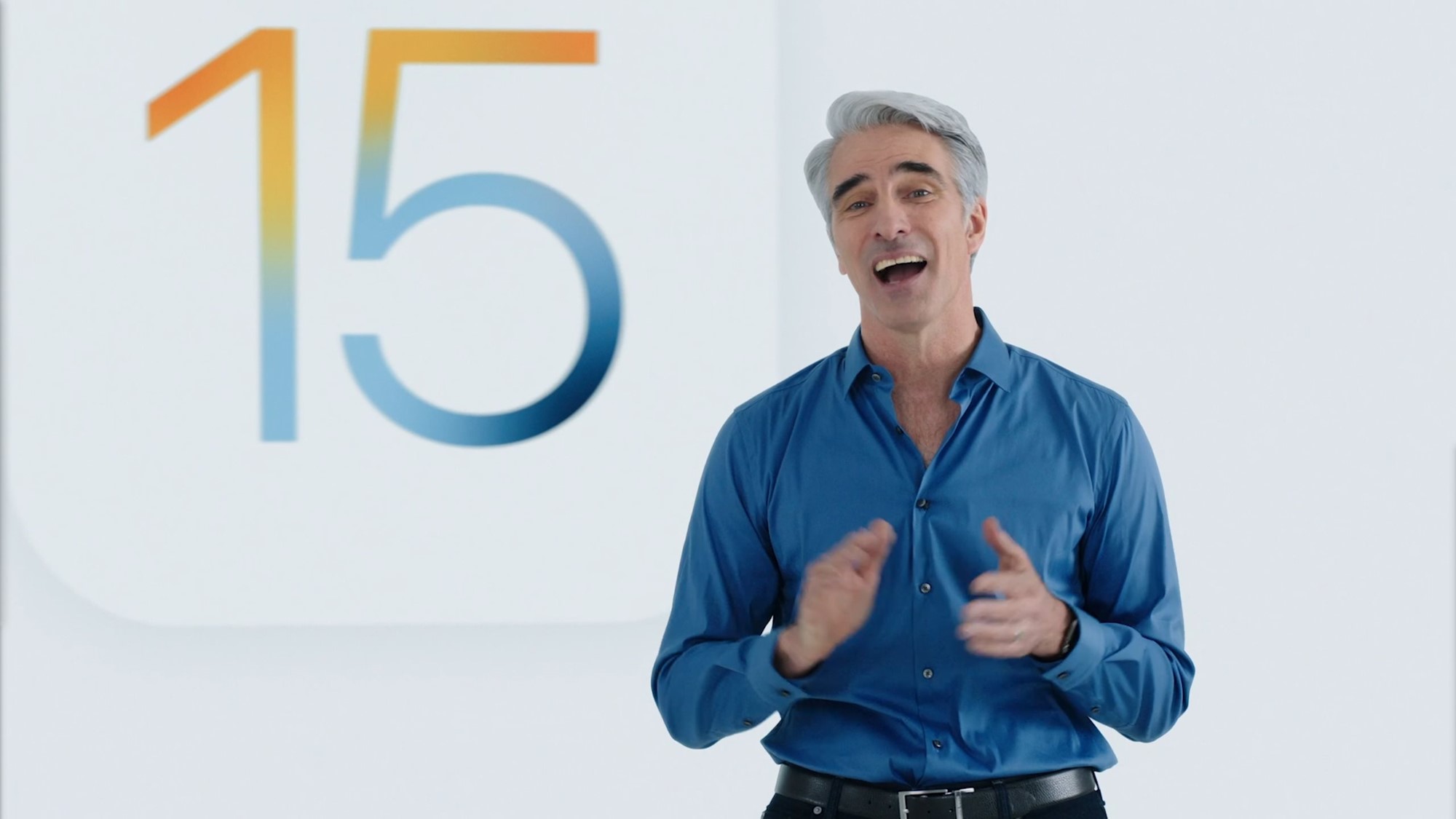Now that Android 13 has been announced, the question arises whether it is still necessary to release Android updates every year. There would be so little in the way of new features that you would have to wonder if annual updates are still needed. Especially because the roll-out of new Android versions among manufacturers produces quite a bit of work, and that is separate from the security updates, many of which are released every week. With iOS the situation is very different: there the updates are immediately available to everyone with a suitable device and the announcement is a moment that everyone looks forward to. Abolishing would be a bad idea.
For me as an iOS user it is always interesting to see what the developments are with Android. When I saw the list of most important Android 13 features, it was a bit disappointing at first glance. But there is still plenty to look forward to for the Android user, such as:
- A Wallet app for your cards and tickets*
- Matter support for your smart home*
- RCS support for messaging
- Set language per app*
- Tablets get multitasking and a new Play Store*
- Easier audio switching with earbuds*
- Cut and paste (!) between devices*
On some points (marked with *) Google is catching up with Apple here, but there are also plenty of features that are not yet in iOS such as RCS. Anyway, the list contains enough topics that Apple could fill an entire keynote with. Not all of these features are rolled out in Android version updates, by the way; some become available through Google Play Services updates or security updates. Some are rolled out by the individual manufacturers, others by Google itself. That makes the situation with Android extra complex.


Require annual iOS updates< /h2>
Apple also has annual updates for iOS and all other platforms, which will no doubt create an enormous amount of stress for internal Apple employees because everything has to be done at one point. Still, I think Apple should honor the annual iOS updates. The WWDC and the annual announcement of the new features is a highlight for Apple users, something we look forward to for months and a lot of publicity for Apple. The enthusiasm about iOS updates is always great, partly because it is known that all those new features will become available a few months later on almost all devices, even if they are five or six years old. For example, we expect that the iPhone 7 from 2016 will still receive an update to iOS 16 and older devices will receive regular security updates.
Deferral of functions
It is true that Apple sometimes postpones some functions. This happened, for example, with SharePlay and Universal Control, the two biggest features of 2021, which subsequently shone with their absence during the official release. We had to be patient for a few months, but they eventually came. With Android updates, there is more uncertainty when new features will be released and whether your device is still suitable for them. Only Google Pixel phones get an update quickly, but with devices from other manufacturers, the update must first be approved by Google and the carriers, which can cause a lot of delay. That dampens the enthusiasm for new functions. After all, you never know if and when it's your turn as an Android user.


Security with iOS
With iOS you have that certainty: you already know in June which functions are coming and whether your device will receive an update. Sometimes advanced functions can only be used on devices with a Bionic processor and older devices are excluded, but there is also clarity about this early on. You have a few months to buy another device and you can also participate as a regular user in the betas that take place in the summer to see if it works on your device. New discoveries are constantly being made during these beta rounds, which also leads to enthusiasm among users. It turns out Apple still has some surprises up its sleeve.
That tradition will disappear when Apple stops major annual updates and releases new features throughout the year, once they're ready. Android is considering this, for understandable reasons. But as far as I'm concerned, Apple can continue with the annual rhythm of updates, although I do have one request: to clarify immediately during WWDC which features are probably not going to make it with the release in September or October .
What do you think? Annual updates or rather more spread out and without a big keynote event? Both have advantages and disadvantages. Publishing something when it's really ready leads to fewer bugs and uncertainty, while knowing what to expect in advance óók is nice.